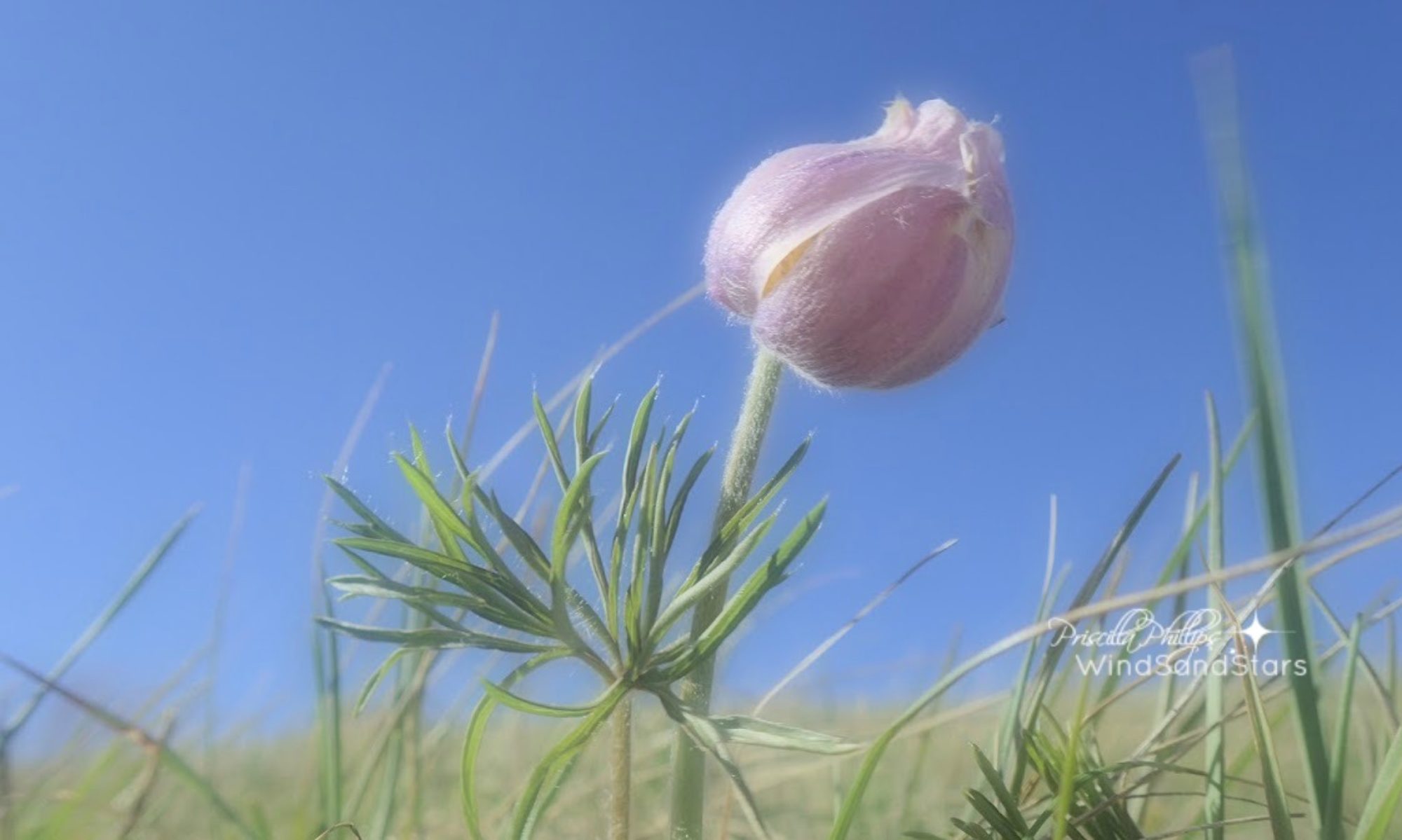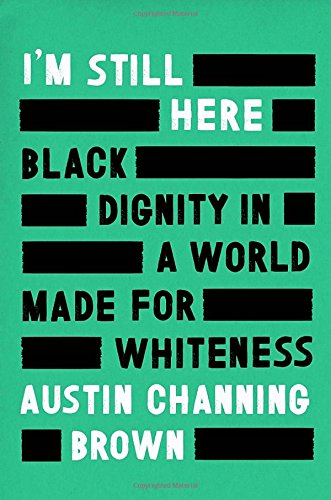I’m Still Here by Austin Channing Brown
“I’m still Here” is a somber look at the challenge the author experiences as she seeks “black dignity in a world made for whiteness.”
A book is strongest and most memorable when it seeks to bridge the chasm between experience and understanding. This is what “I’m Still Here” accomplishes.
Channing Brown writes about her journey through white power and entitlement towards a “world unseen, currently unimaginable. . . It is working in the dark, not knowing if anything I do will ever make a difference [towards racial equality].”
Canada is far from innocent when it comes to racism.
One summer, a long time ago, I worked as a research assistant to a History professor. We spent many hours sifting through old newspapers, court documents, and historical archives in the North Peace. Two of the most profound realizations that frame my thinking of present day Indiginous issues are:
1. How much was taken from them
2. How recently it all occured.
The residue of Eurocentricity that led to these decisions is sticky and not easily washed away from the collective white conscience.
Moral Self-Licensing – what is it?
Channing Brown gives example after example of how white entitlement and supremacy has outlived the abolishment of slavery, and of Jim Crow. One of the most insiduous ways that humans justify wrong doing is through moral self-licensing.
While that term is not used in her book, Channing Brown addresses the idea in some detail.
Malcom Gladwell talks about the psychological phenomena of moral self-licensing in his podcast, “Revisionist History” Season 1, Episode 1.
Most of us have had an experience similar to the following scenario at least once in our lives.
You’ve exercised for 50 minutes, burned 300 calories, so you give yourself permission to have a slice of cheesecake.
That’s moral self-licensing.
Because I’ve done something good, it proves me good so now I can do something ‘bad’.
So how does this work when it comes to racism, sexism, gender bias, …
It looks like this.
It’s the claim that having a friend who is black, (or any group that white entitlement seeks to marginalize) is proof that I’m not racist. The danger of this way of thinking is that it ignores the ugly monster of racism and denies its existence. It also gives license to making broad generalizations and claims about people that are not based in fact.
Channing Brown writes,
“When you believe niceness disproves the presence of racism, it’s easy to start believing bigoty is rare, and that the label racist should be applied only to mean-spirited, intentional acts of discrimination. The problem with this framework – besides being a gross misunderstanding of how racism operates in systems and structures enabled by nice people – is that it obligates me to be nice in return, rather than truthful. I am expected to come closer to the racists. Be nicer to them. Coddle them.”
There are signs everywhere of white discomfort at the thought of losing power in Canada.
- We see it in the demand for tougher immigration laws.
- We see it in the insistance of assimilation and adoption of ‘white’ ways and customs.
- We hear it in the comments based on inaccurate information
- We read it on social media
Why is that?
In what ways do you challenge these assumptions?
Why is it that when whites first came to the Americas they brought their ways and language with them rather than assimilate with the customs and ways of life that were already here?
Yet seek to deny that right to incoming immigrants, or to the Indigenous people who lived on this land long before any white person set foot on it.
Our Canadian customs and culture is a tapestry of stories woven from many cultures into the rich fabric that was already woven and splashed full of color through time and space by Canada’s Indigenous people.
Jimi Hendrix writes that “knowledge speaks, wisdom listens”
Wisdom and understanding come as we open our hearts and minds to not just the stories others have to tell, but to listen also to the path of reconciliation laid out before us.
It’s to recognize and challenge preconceived notions or ‘knowledge’ we have in order to understand that which is far from our realm of experience.
It starts with listening without defensiveness or justification.
True reconciliation, writes Channing Brown, leads to action
“It inverts power and pursues justice for those who are most marginalized”.
What can we do?
We can ensure that our sources of information are accurate.
We can listen with an openness that gives space to an experience that is not our own.
We can open our eyes to “systems and structures of injustice”, and be active agents for change.
“Be the change that you wish to see in the world”. – Mahatma Gandhi
P.S. This fledgling learner would love to hear your experiences, challenges, and thoughts on this book.
P.S.S. May this day bring you many moments of wonder

Yes! I want to receive your newsletter!
Simply . . .


Thanks for this insight it provokes me to do some self assessment of my own views.
Thanks for taking the time to comment. The ability to assess ones viewpoint in light of differing or new ideas is perhaps one of the most important mindsets of a true learner.